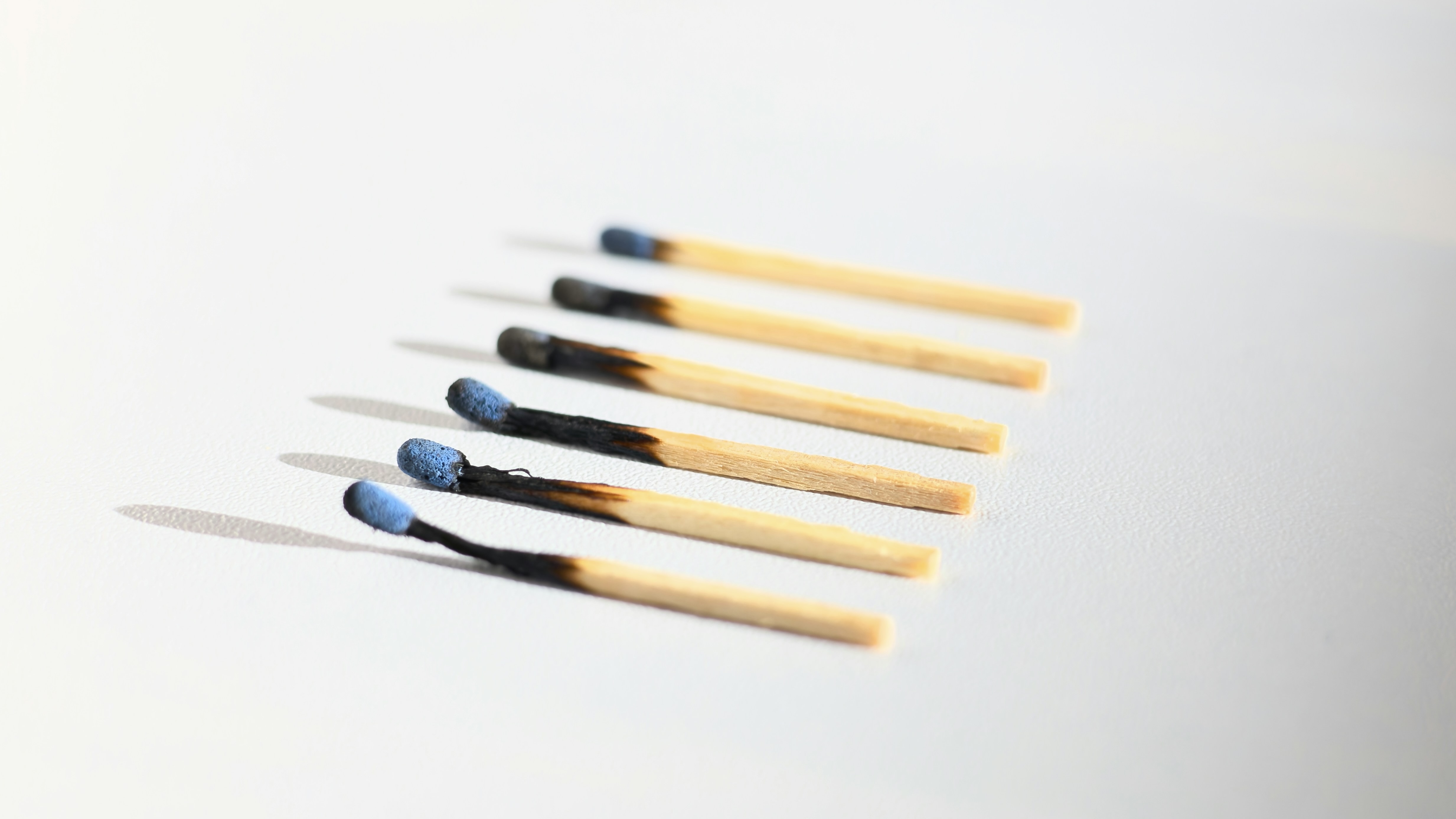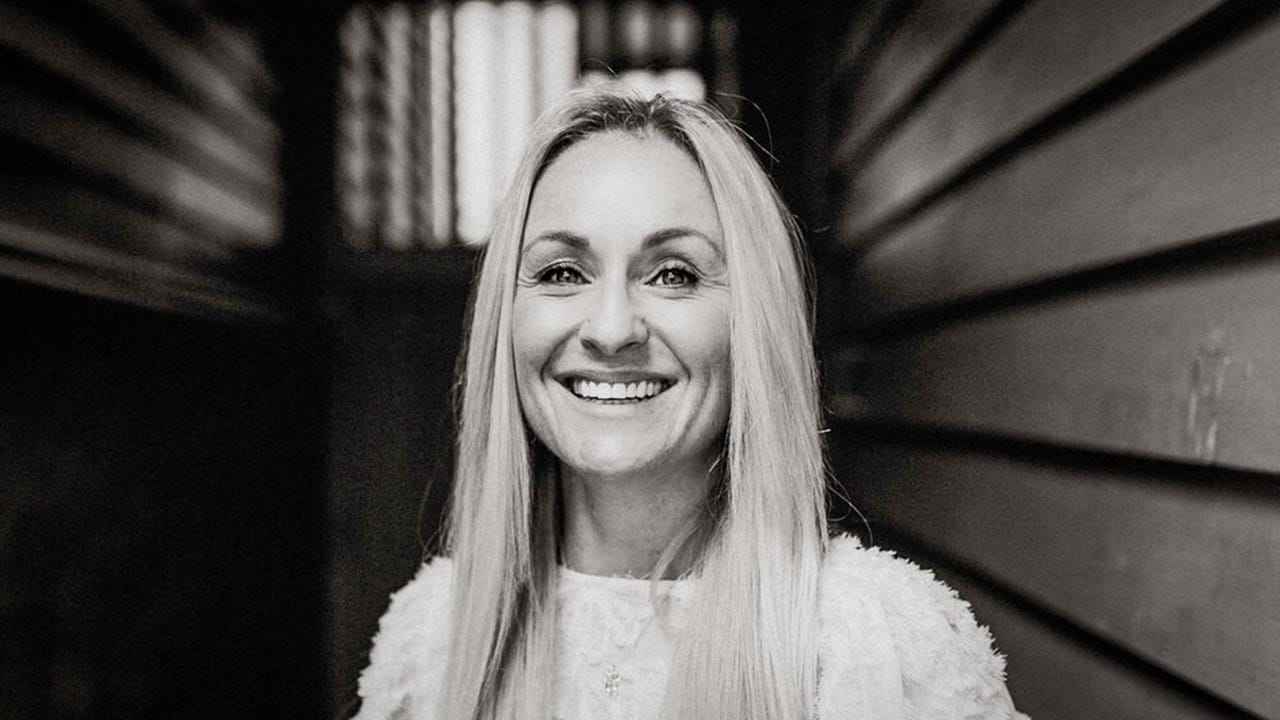October 21, 2025

BLOG:
The Opposite of Rest Isn’t Work — It’s Burnout
Norway has a reputation for balance. Shorter working hours, generous leave, long holidays — on paper, we seem to have cracked it. Yet the lived experience for many Norwegians is quietly shifting. The evidence doesn’t show a clear, decade-long curve of rising burnout, but it does suggest that stress and imbalance are creeping steadily into our working lives.

Burnout is everywhere! Open Instagram and you’ll be met with quick fixes, reset menus and “how I healed” stories. It can start to sound like a fad. But behind the buzz is something very real: the body and mind telling us that the pace we’re keeping isn’t sustainable.
Burnout isn’t the same as working hard, and it isn’t the price we pay for ambition. It’s what happens when rest and repair have been missing for too long. Rest and burnout sit at opposite ends of the same scale. The more we neglect one, the closer we drift towards the other.
Burnout in Norway
Doctors, for instance, report that the balance between effort and reward has changed sharply over the past decade. Workloads have increased while the sense of appreciation and recovery time has fallen. Many health-care workers — particularly those on the front line during the pandemic — describe feeling drained, stretched and emotionally exhausted. Younger employees and women seem to be carrying more of this load than before. And in the wider workforce, the boundaries between work and rest are blurring: emails after hours, longer days, shorter breaks, the constant hum of being reachable.
So while Norway still compares favourably with many other countries, the direction of travel is concerning. Around one in eight people in paid work now show signs of being at risk of burnout. And many who report these symptoms don’t only link them to their jobs — they talk about the heavier, more invisible strain of modern life: the mental load of juggling everything, caring for others, and feeling that there’s never quite enough time or energy to go around.
What burnout is (and isn’t)
Burnout isn’t a medical diagnosis, and it isn’t a personal flaw. It’s a natural human response to prolonged stress without enough recovery. It tends to show itself in three ways.
The first is emotional exhaustion — that deep, unrelenting tiredness that sleep alone can’t fix.
The second is distance or cynicism — beginning to care less, because caring feels too heavy.
The third is reduced sense of accomplishment — the feeling that no matter how much you do, it never feels like enough.
Burnout often overlaps with anxiety, low mood and physical strain, which is why it can be hard to recognise at first. You might tell yourself you’re just tired, or that this is what being an adult feels like. But left unchecked, it grows. It dulls joy, narrows perspective, and makes even small tasks feel like climbing a hill in deep snow.
How burnout builds
Burnout rarely arrives in a single dramatic moment. It’s a slow erosion. It begins when we work through lunch, answer messages in the evening, or trade an hour of sleep for another hour of productivity. It builds when we ignore the body’s signals to stop, when we push through, when “busy” becomes a badge of worth.
I’m not against working hard — most of us find meaning and identity in our work. But deep rest and recovery are what make meaningful work sustainable. When we lose sight of that, we lose access to our energy, our creativity, and our compassion. We stop being effective long before we stop showing up.
The toll it takes
The effects of burnout are far-reaching. It can affect mood, concentration, sleep, appetite, and the body itself. Headaches, muscle tension, stomach problems, raised blood pressure, poor immunity — these are all familiar companions of chronic stress. Emotionally, burnout can bring irritability, guilt, detachment, or a creeping sense of hopelessness. Relationships suffer. Work performance drops. Life feels narrower.
Research in Norway mirrors global findings: people experiencing burnout are more likely to take sick leave, to look for another job, and to struggle with their health overall. It’s not just about individuals working too hard — it’s about the systems we live and work within slowly depleting our reserves.
What helps
The good news is that burnout isn’t permanent. It’s a signal, not a sentence. Recovery begins with paying attention to that signal and responding differently.
Pause. Create space.
That might mean taking proper breaks, setting clearer boundaries, or saying no more often. Boundaries are the small, practical lines that protect our energy — they remind us that rest is allowed. It might look like putting your phone on airplane mode while you eat dinner, closing your laptop at a set time, or choosing not to check work messages while out for a walk. Even small pauses matter: five quiet minutes between meetings, a slow cup of coffee in the morning, or stepping outside to feel fresh air before starting the next task.
Replenish. Make space for restorative sleep. Move your body in ways that feel good. Get outside when you can. Eat food that actually nourishes you. Do something that reconnects you to pleasure or meaning — reading, cooking, painting, walking, seeing friends. Seek support if you need it; therapy, coaching, or simply talking things through with someone you trust can help you rebuild perspective and compassion for yourself.
Reconfigure. Look honestly at what led you here. If your workload is unsustainable, it needs to change. If your job consistently demands more than you can give, it may be time to renegotiate or move on. If home life is overwhelming, share the load. Burnout thrives in silence and secrecy; recovery starts with conversation.
Healing from burnout takes time. Some people notice change within weeks, others over months. What matters most is not how quickly you recover but how differently you live afterwards. Rest is not a reward for having worked hard enough. It’s a foundation for being human.
The takeaway
Burnout isn’t inevitable, and it’s not a personal weakness. It’s what happens when we forget that rest is a basic human need, not an indulgence or something to be earned. The opposite of rest isn’t work — it’s burnout. When we make space for recovery, we don’t just prevent burnout; we reclaim the energy and clarity that make work, relationships, and life itself meaningful again.
For those of us who have the privilege to rest know that it isn’t selfish — it’s a quiet act of service and a shared responsibility. When we rest, we model to others that it’s safe to slow down. We remind ourselves, our children, our colleagues, and our communities that rest is not a luxury but a norm — a necessary counterbalance to a culture that glorifies exhaustion. In caring for our margins, we quietly resist the pressure to keep producing, and we make space for something gentler, more human, to take root. Rest becomes not just personal recuperation, but a quiet act of cultural resistance.
So perhaps the most radical thing any of us can do is the simplest: stop for a while, breathe, and rest — not when everything is done, but because it never will be.
// Nicola